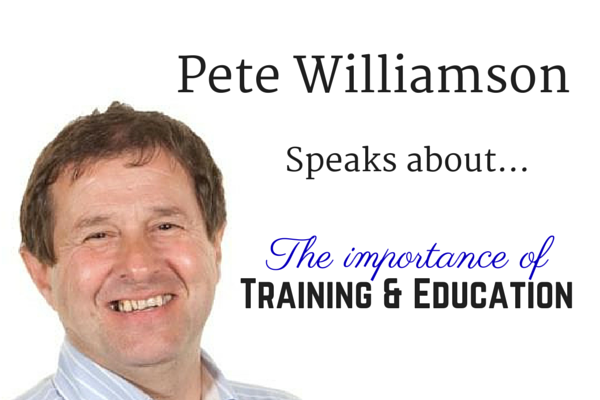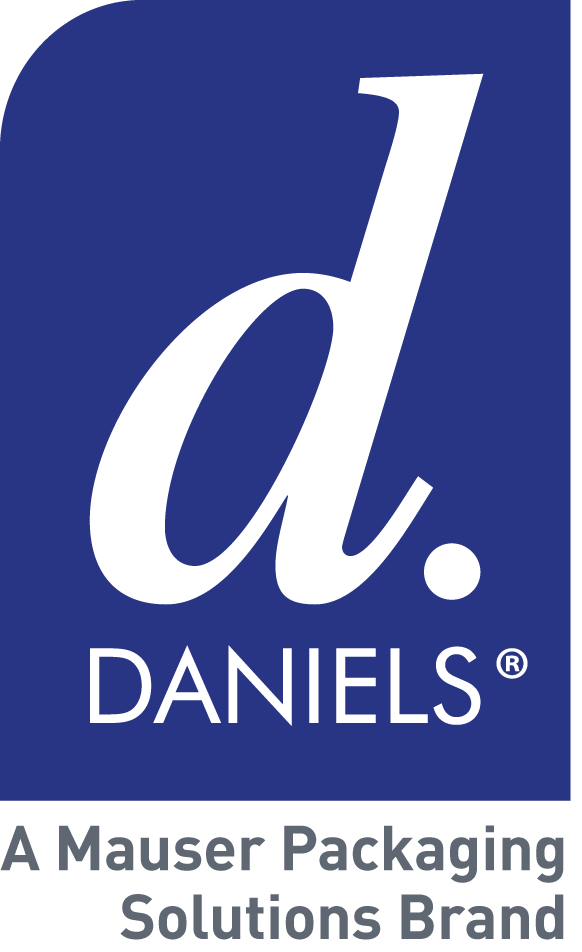- Team Focus | Hugo Mellouli, Head of Sales, Europe
- Introducing SANIBOX®: Enhancing our sustainable clinical waste containment solutions
- Reducing Glove Usage – A New Collaborative Solution
- Manufacturing milestones, sustainability success, and new beginnings
- Across the borders: How NHS Scotland is taking the lead in the race to net zero
Posted on by
Training and Education – the Key to Using Sharps Safely
 I recently sat with Pete Williamson, Sales Manager (North), and chatted to him about the training he runs for our customers. I know it’s an area that he absolutely enjoys doing and I was keen to learn how it’s come to grow to the point that he does 50 to 60 sessions a year. In this post I share with you, what he shared with me.
I recently sat with Pete Williamson, Sales Manager (North), and chatted to him about the training he runs for our customers. I know it’s an area that he absolutely enjoys doing and I was keen to learn how it’s come to grow to the point that he does 50 to 60 sessions a year. In this post I share with you, what he shared with me.
Pete started doing these training sessions back in 1997 when he was asked to simply do a lecture on sharps bins. What started as 5 slides on: what our sharps containers are for; when they are used; and what to do with them – has grown to a series of seminars that he runs today.
His standard presentation is now around 35 slides long and encompasses topics around:
- Colour coding
- EWC codes
- Speciality containers
- Regulations (ISO, EU Directive and the UN)
- Brackets and trays
- What we do as a support service as their container supplier (at no extra charge)
- True stories of people getting needle stick injuries and why they got them
- Helping to understand why you should be using trays at point of use
Pete is passionate about the educational work he does, because, shockingly he still finds some rare cases where Doctors are still putting Sharps inside clinical waste bags. He uses his sessions to also get important real life examples straight from the customers on what is happening in their work environments. This way he keeps his presentations up to date and relevant. Until very recently Pete was still a bank nurse himself, so he has his own experiences to build into his training.
The kinds of people Pete normally runs training sessions for are generally for the public sector (nurses, mental health practitioners, clinical specialists and community workers) and for the private and charity sector (organisations like Marie Curie or Nuffield Health).
So what does one of Pete’s sessions look like?
The structure of his session usually starts off with an ice breaker structured so that Pete gets a feel for the existing knowledge and experience in the room. He keeps things interesting by having some little prizes to encourage participation (like M& S vouchers). He will tailor his sessions according to the size of the group (which can be up to 250 people) and of course who they are (public, private, charity and/or corporate)
He then delivers the “meat” of the session (description of the sharps container uses, how they are used, as well as a selection of the above bullet points). Pete keeps the session light hearted and related to the work place, so that the participants can really walk away with practical insights to immediately put into place.
At the end of the session, Pete opens the floor for questions and sharing of stories (good and bad).
What happens with people who work shifts?
Pete and his team have had some great results in some places where the senior management have made the sessions mandatory in order to ensure all staff stay up to date in their knowledge (and allowing for new staff who come on board).
Example: BMI Saxon Clinic – Pete and Malcolm were there from 9am to 2pm, doing 1 hour training sessions. All staff from the day and night shifts were invited to attend and they got to see 90% of the staff rota.
Some hospitals – especially ward staff – find it tricky to come away to do training, so Pete has even offered to go in and do mini-lectures for 5minutes with a small group of staff in their work environment. He focuses then on just going through their responsibilities (the lid, the label, the temporary closure and placing the bin somewhere safe).
“The value of these sessions lies in the training and education. It gives the attendees education in a funny way, that makes it enjoyable. My ethos is if you enjoy listening and enjoy learning, you’ll learn more.” – Pete
Do you or your organisation need to fulfil a training requirement around infection control? Pete would be more than happy to discuss your needs and build these around the findings of your audits. You can contact him on pete.williamson@daniels.co.uk or send him a tweet @PeteWAtDaniels.








